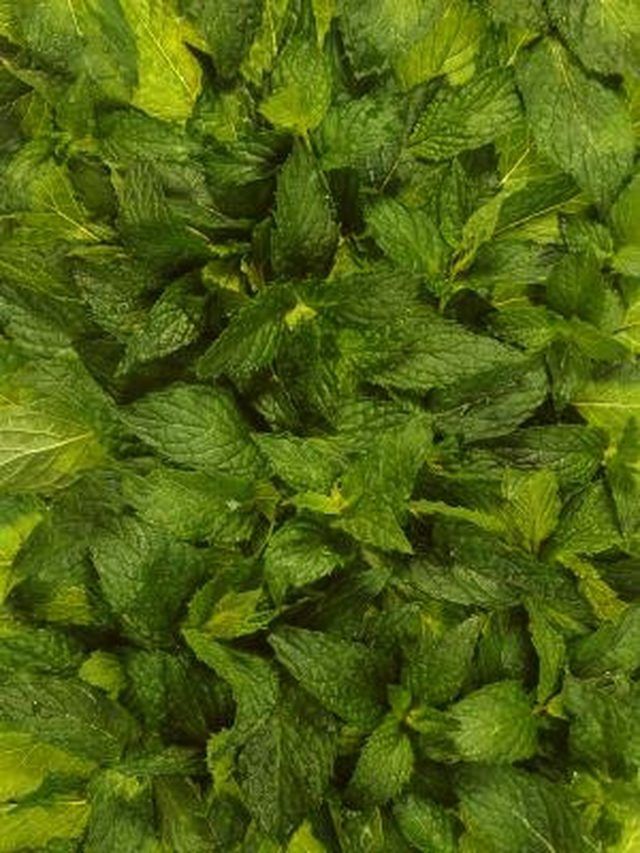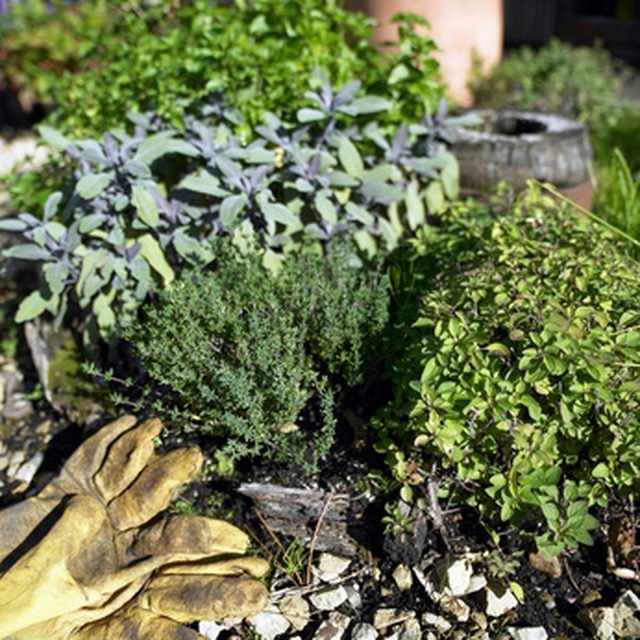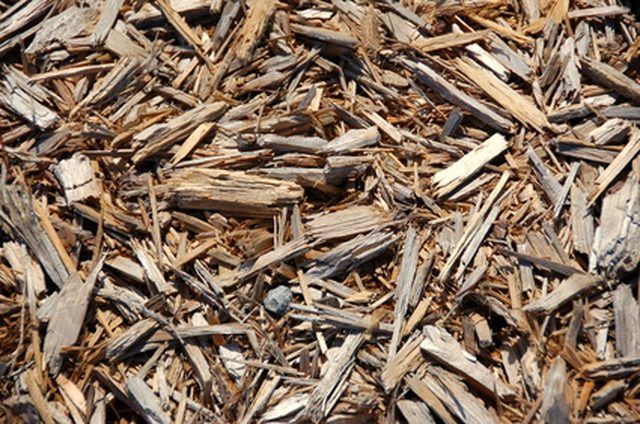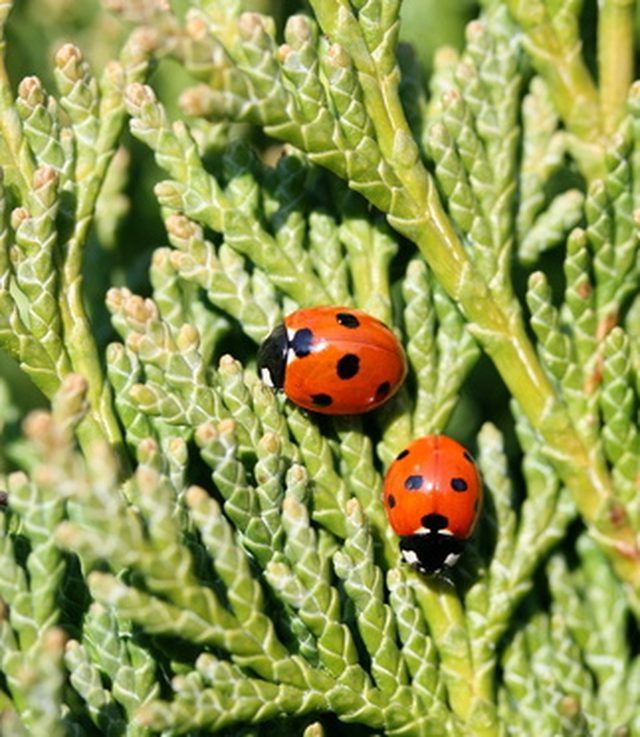Bulbs
Flower Basics
Flower Beds & Specialty Gardens
Flower Garden
Garden Furniture
Garden Gnomes
Garden Seeds
Garden Sheds
Garden Statues
Garden Tools & Supplies
Gardening Basics
Green & Organic
Groundcovers & Vines
Growing Annuals
Growing Basil
Growing Beans
Growing Berries
Growing Blueberries
Growing Cactus
Growing Corn
Growing Cotton
Growing Edibles
Growing Flowers
Growing Garlic
Growing Grapes
Growing Grass
Growing Herbs
Growing Jasmine
Growing Mint
Growing Mushrooms
Orchids
Growing Peanuts
Growing Perennials
Growing Plants
Growing Rosemary
Growing Roses
Growing Strawberries
Growing Sunflowers
Growing Thyme
Growing Tomatoes
Growing Tulips
Growing Vegetables
Herb Basics
Herb Garden
Indoor Growing
Landscaping Basics
Landscaping Patios
Landscaping Plants
Landscaping Shrubs
Landscaping Trees
Landscaping Walks & Pathways
Lawn Basics
Lawn Maintenance
Lawn Mowers
Lawn Ornaments
Lawn Planting
Lawn Tools
Outdoor Growing
Overall Landscape Planning
Pests, Weeds & Problems
Plant Basics
Rock Garden
Rose Garden
Shrubs
Soil
Specialty Gardens
Trees
Vegetable Garden
Yard Maintenance
Natural Bug Repellents for Herbs
Natural Bug Repellents for Herbs. Bugs are a common garden pest among herbs. Although some bugs are beneficial, others damage the plant leaves and -- if left untreated -- may kill young plants. A natural bug repellent will help keep bugs away from garden or container herbs.

Bugs are a common garden pest among herbs. Although some bugs are beneficial, others damage the plant leaves and -- if left untreated -- may kill young plants. A natural bug repellent will help keep bugs away from garden or container herbs.
Benefits
Natural bug repellents are cost-effective and safe for use around pets and children. They are safe for use on herbs, as they will not harm the plant. Additionally, most natural bug repellents are nontoxic, allowing you to use the herbs for cooking.

Types
A variety of natural bug repellents may be either purchased or made yourself. Some herbs have natural insect repellent qualities, such as peppermint. Plant these in containers around the border of herb gardens. Sprays made from glycerin and essential oils of lavender or citronella are also effective. Bark mulch at the base of plants will keep slugs and most worms from attacking the plants.

Considerations
Some insects, such as bees and ladybugs, are beneficial to herb gardens as they keep harmful bugs away. When purchasing a natural bug repellent, be sure to read the labels and ensure all the ingredients are safe for human consumption. Companion planting with bug repellent herbs is effective, but be aware that some herbs, such as mints, will take over the garden if they are not properly contained.
